Downsizing? Here’s What You Can Expect When You Move From a House to a Condo
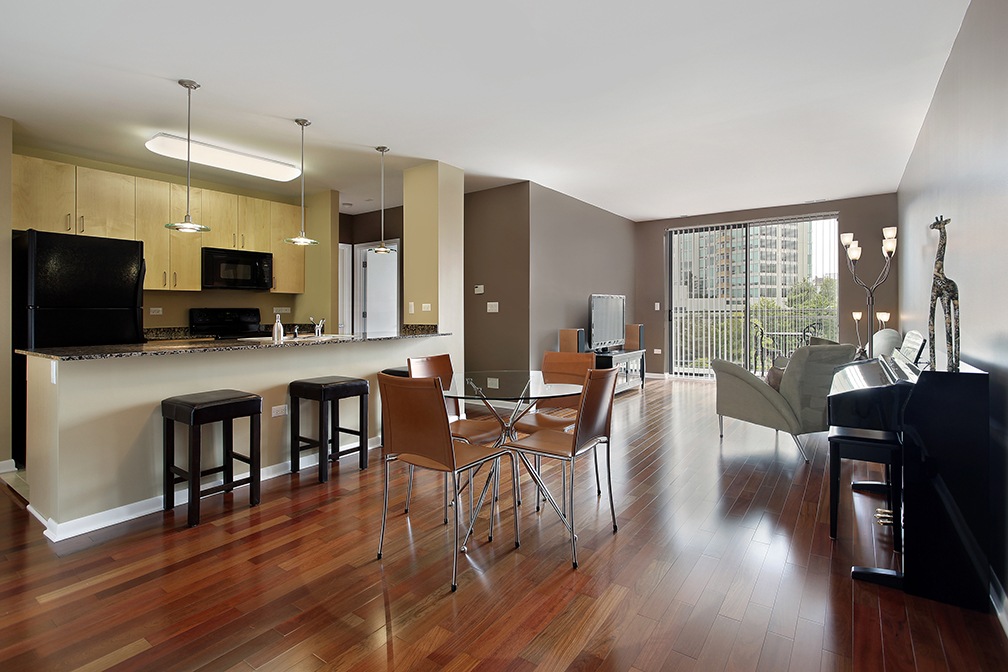 Whether the kids have moved out or you just aren’t using the extra bedrooms, having a house that feels ‘too big’ is rarely fun. In today’s post, we will share a few changes you can expect when you downsize from a large house to a smaller apartment or condo.
Whether the kids have moved out or you just aren’t using the extra bedrooms, having a house that feels ‘too big’ is rarely fun. In today’s post, we will share a few changes you can expect when you downsize from a large house to a smaller apartment or condo.
Why Downsize At All?
As you might imagine, having too much space is the primary reason that couples and families downsize. Larger homes cost more to maintain and can feel empty if it’s just one or two people living there. In many cases, old items and clutter tend to build up as there is so much storage space. Downsizing to a smaller home helps to maintain a lifestyle that is more efficient but no less luxurious.
Ask Yourself: Are You Ready?
Another consideration that you will need to make: are you ready to move? If you are retired from work, then you likely have enough time on your hands to manage a move. Conversely, if you and your spouse are both working full-time and live near your workplace, you may want to source a smaller home nearby.
Don’t forget that if you own the house you are living in now, this might mean having to list and sell it while buying your new home. This is a common situation and isn’t a significant problem, but it will require a bit of scheduling and financial planning.
The Hardest Part: Choosing What To Keep
Ask any couple or family that has downsized their home about the toughest part, and many will share that it was choosing what stays and what goes. When space is at a premium, everything from shoes to appliances needs to be considered.
Spend some time going through each room in your house, taking an inventory of what you have. Are there any family heirlooms or other emotional items that you can’t part ways with? After that, is there anything that will be usable in your new home? Everything else should be considered fair game. Sell it, donate it or toss it out.
Moving to a smaller home can seem challenging at first, but it is a lifestyle choice that can pay significant dividends. When you are ready to make a move, contact our professional real estate team. After discussing your wants and needs, we will be happy to recommend some perfect local listings.

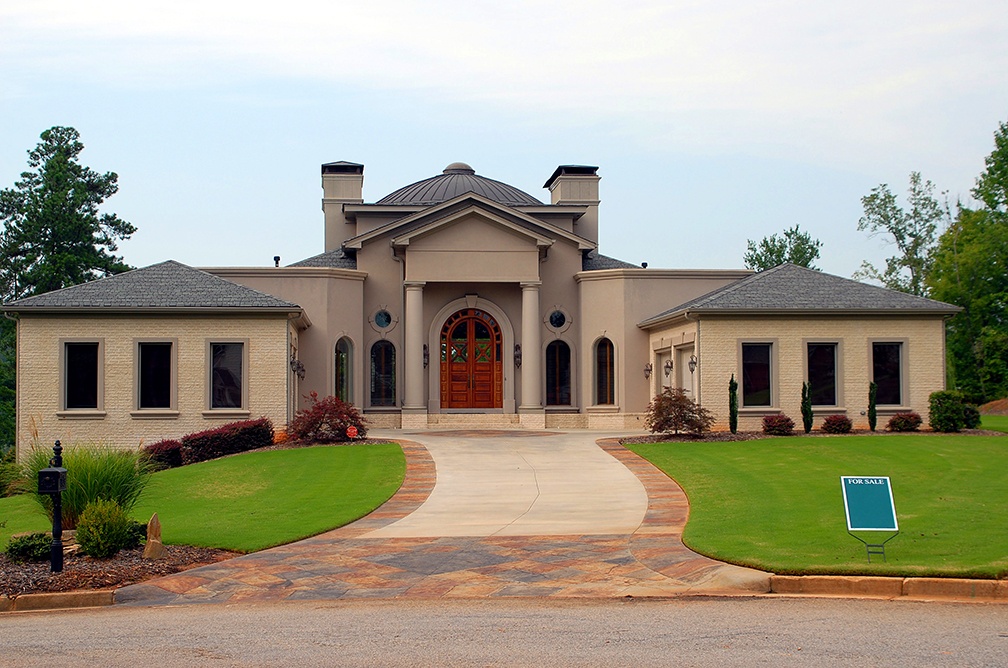 Buying a home for the first time? One of the key considerations you’ll need to make is just how much ‘house’ you want to buy. While going minimal might seem like a good idea to save on costs, having a smaller living space can end up cramping your lifestyle in many ways. Let’s take a look at three great reasons why your first home should be roomy, spacious and luxurious.
Buying a home for the first time? One of the key considerations you’ll need to make is just how much ‘house’ you want to buy. While going minimal might seem like a good idea to save on costs, having a smaller living space can end up cramping your lifestyle in many ways. Let’s take a look at three great reasons why your first home should be roomy, spacious and luxurious.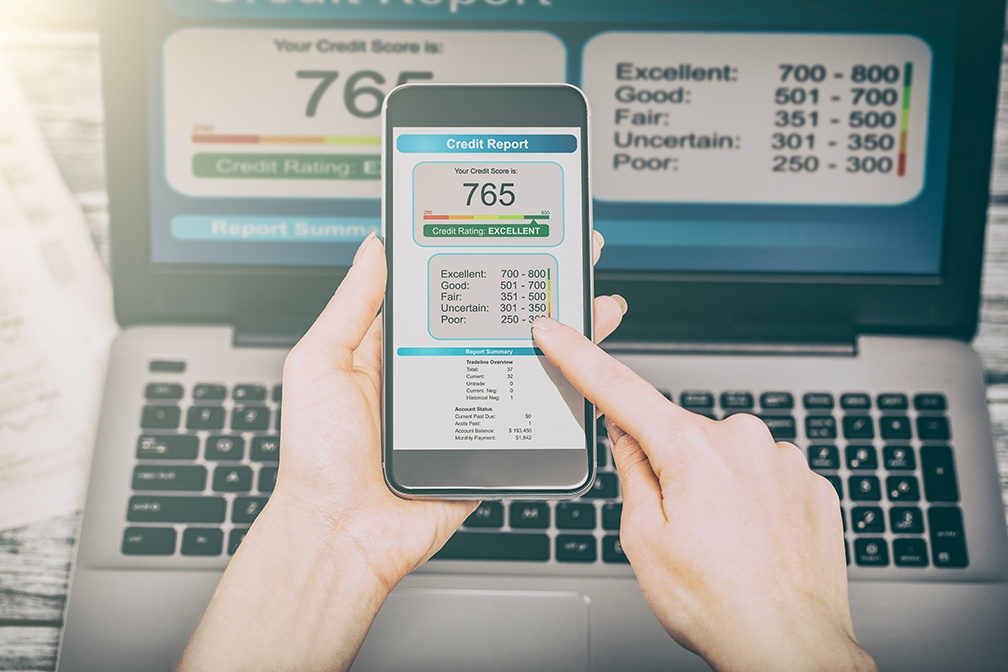 Whether you’re just out of college, recently married or simply haven’t jumped into the market yet, buying your first home is an exciting prospect. It can also be an expensive one, which is why most people will take out a mortgage to help finance the cost.
Whether you’re just out of college, recently married or simply haven’t jumped into the market yet, buying your first home is an exciting prospect. It can also be an expensive one, which is why most people will take out a mortgage to help finance the cost.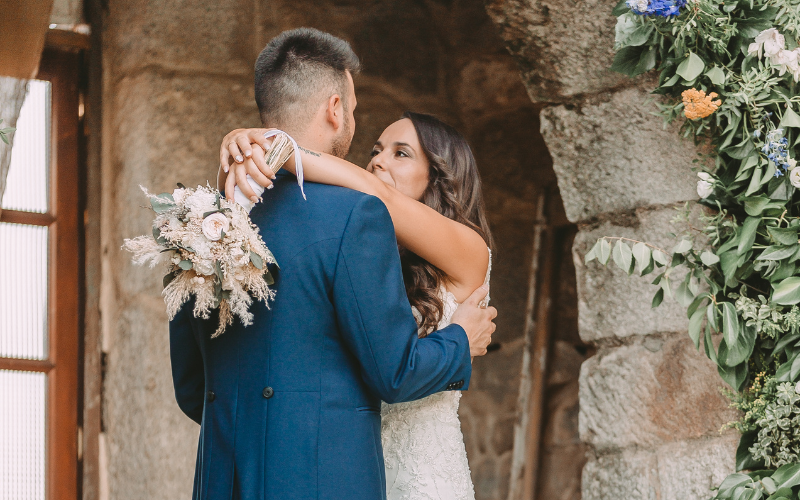 You may not see the connection right away, but buying a home and planning a wedding are two experiences that require certain skills and challenge you in similar ways. Check out the three key similarities below!
You may not see the connection right away, but buying a home and planning a wedding are two experiences that require certain skills and challenge you in similar ways. Check out the three key similarities below!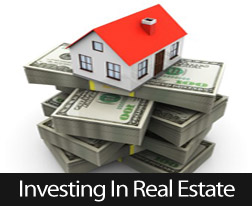 Do you want to invest in real estate? If you are buying property as a real estate investor, there are a number of important factors to consider. Take a look at some of the most important factors to think about before you decide to sign your closing papers.
Do you want to invest in real estate? If you are buying property as a real estate investor, there are a number of important factors to consider. Take a look at some of the most important factors to think about before you decide to sign your closing papers.